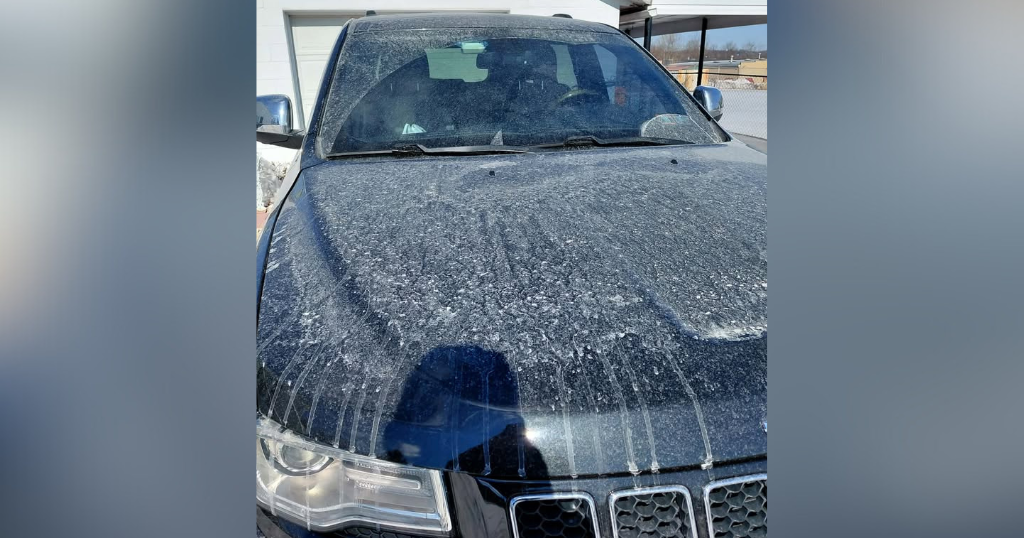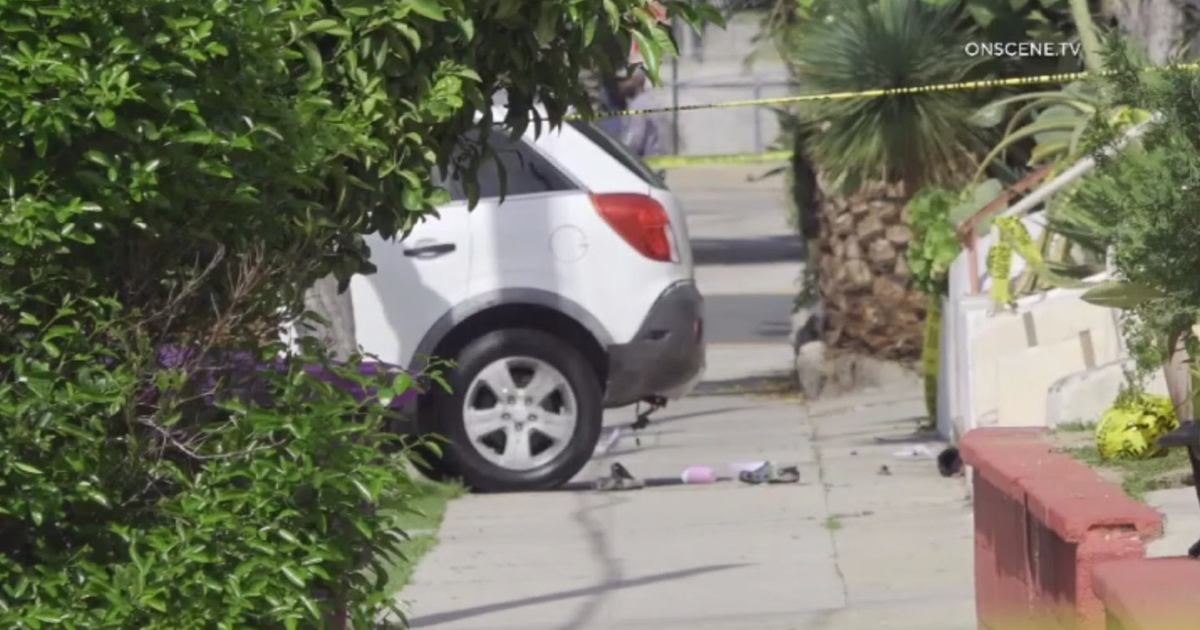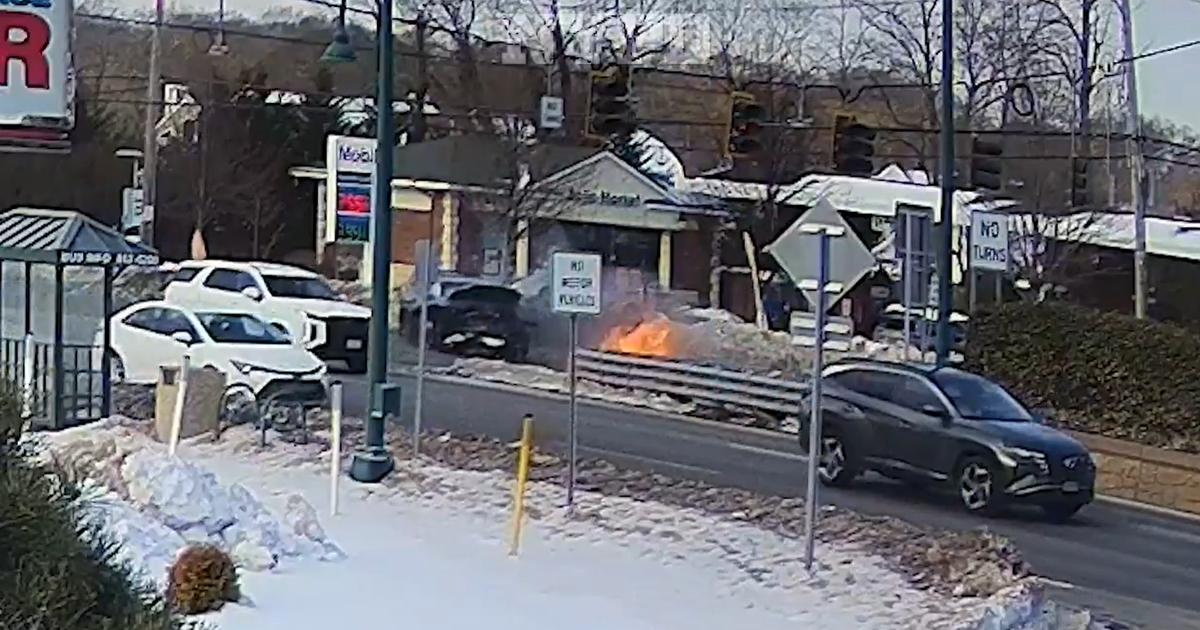Growing Number Of 'Dusting' Cases Prompts Quicker Testing In Lake County
CHICAGO (CBS) -- The death of a mother of two caused by a man who got high by inhaling computer dust cleaner before driving prompted major changes in how police in one local community handle suspected "dusting" cases.
CBS 2's Dorothy Tucker explains how the newest fad of getting high off of such inhalants has resulted in new testing procedures for drivers who might have been "dusting" before getting behind the wheel.
Katharine Walker-Hoffman, 56, was killed in March 2011, when she was struck by an SUV driven by 40-year-old Thomas Murphy as she was casually strolling toward her car.
Leyber Divera heard the crash that took Walker-Hoffman's life.
"She was a customer for us for a long time. To see her killed like that, I think she die in a moment," Divera said.
Two months ago, Murphy pleaded guilty to DUI, and was sentenced to six years in prison for the crash. Authorities found marijuana in his blood, but based on his erratic driving – he had crossed into oncoming traffic – police suspected Murphy had been getting high by inhaling dusting spray. Police found cans of the spray in his car.
"The guy passed out, it looks like, and then and it's like he drives off the road. … People don't drive like that," said Kenneth LaRue, the traffic division chief at the Lake County State's Attorney's office.
Authorities couldn't prove Murphy had been dusting. They waited more than two hours to collect blood samples from him, and the compound that makes you high doesn't stay in the system very long.
"Knowing this information about the huffing and the dusting makes it. in our minds. where we have to do it quicker," said Adam Hyde, the deputy commander of the Lake County Major Crash Assistance Team.
Eighteen months after the Murphy case, 18-year-old Carly Rousso allegedly struck and killed a 5-year-old girl. Police suspected she was dusting while driving, so they immediately took blood samples to prove it.
"Without that actually being in her system, we're only looking at a Class 3 felony of reckless homicide, which would carry significantly less time than she's going to be facing now," LaRue said.
Rousso faces 4 to 26 years in prison for aggravated DUI and reckless homicide, rather than the 2 to 5 years she would face for simple reckless homicide.
Because of the growing number of "dusting" cases, prosecutors in Lake County have established a new policy. From now on, when an officer suspects a driver is high off an inhalant, that officer must collect blood and urine samples from the driver within the first two hours.







